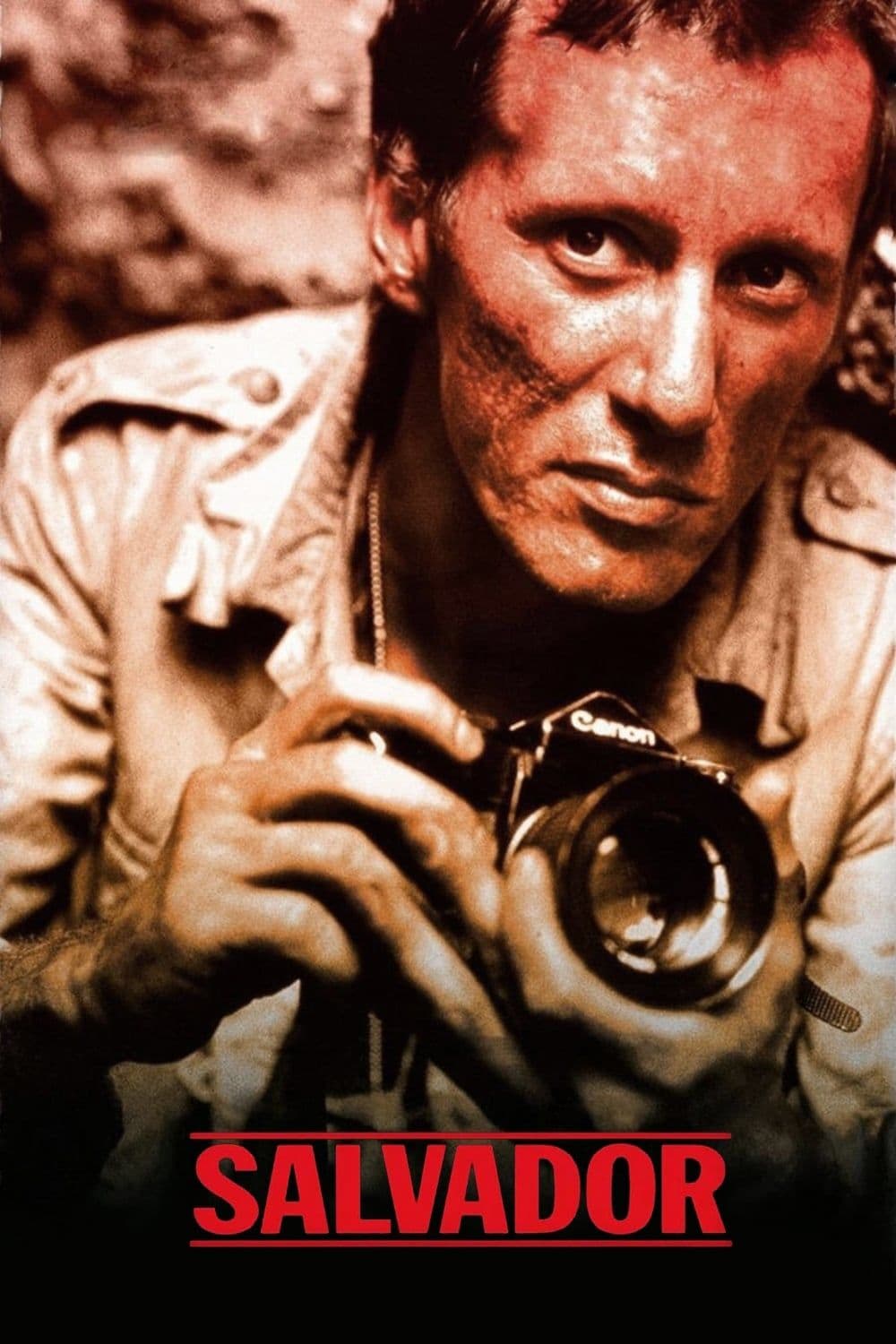
Salvador
1986
Rate this movie
Average: 0.00 / 5
(0 votes)
Director
An early-career Oliver Stone directed what many consider one of his most successful films, a kind of "dress rehearsal" for the stylistic and political fury that would later consecrate his subsequent work. With Salvador, Stone doesn't just paint a picture; he does so with broad, violent brushstrokes, immersing the viewer in a visceral and uncomfortable reality, anticipating the documentary ferocity of Platoon and the indignation of Born on the Fourth of July.
Great attention to cinematography, dialogue, and narrative structure makes this work a long journey through a dark country, gradually revealing the terrible laws that govern its reality. Robert Richardson's cinematography, who would become a key Stone collaborator, is already stunning here, with shots that fear neither the harshness of tropical light nor the darkness of blood-soaked alleys. The camera, often handheld, does not merely observe: it participates, vibrates with the chaos, imbuing the narrative with an almost documentary immediacy that merges with the tension of the political thriller. This stylistic choice elevates the film far beyond mere entertainment, transforming it into a sensory experience that replicates the protagonist's unsettling immersion.
The story: San Francisco photojournalist Richard Boyle, plagued by debts and failures, by a dissolute life that has led him to the brink, sets off for El Salvador with a friend, ex-disc jockey Doctor Rock, who is no less messed up than him. It is not only a geographical journey but an inexorable descent into the abyss of a tormented Latin America, which Stone has the courage to expose in its brutal complexity.
The two will find themselves projected onto another planet, a boiling cauldron of contradictions and violence where Western civilization gives way to a law of the jungle dictated by geopolitical interests and a thirst for power. They will encounter atrocities of every kind: from child prostitution to endemic alcoholism, from Washington's complacent collusions in internal politics in exchange for strategic favors, to pervasive corruption that swallows every glimmer of hope, all the way to the most despicable repression and violence of every kind perpetrated by death squads and government forces. Stone sugarcoats nothing, showing without filters the barbarity of a civil war also fueled by US interference, a wound still open in Central American history. The El Salvador of the film is a microcosm where opposing ideologies clash and where human life has an ephemeral value, a tragic stage for a historical drama that still echoed in the news of the time.
It will be a slow but inexorable slide towards the dark side of existence for Boyle, who desperately tries to document its phases with his inseparable camera, almost as if the lens could be a shield against the horror, or perhaps the only way to make sense of what would otherwise be incomprehensible. His journey is a moral parable: from a cynical and disillusioned opportunist, he gradually transforms into a witness and, against his will, an actor, forced to confront a reality that shakes him to his core, revealing an unsuspected political and human conscience. His story, inspired by real events, is emblematic of the ambiguous role of war journalism, caught between the necessity of telling the truth and the risk of becoming an integral part of the tragedy.
A special mention goes to James Woods' great artistic flair; his performance is truly memorable. Woods doesn't act Boyle; he embodies him. His is a feverish, almost maniacal performance, imbued with a furious desperation that translates into searing dialogue and desperate gestures. He manages to make credible both the character's self-destructive and chaotic side and his progressive awakening and surprising vulnerability, especially in his relationship with his Salvadoran partner. His skill in navigating between black humor and pure terror makes Boyle an unforgettable anti-hero, an ordinary man thrown into hell who reacts with a mix of rage, fear, and unexpected dignity. This solitary and overwhelming performance is the true beating heart of the film, elevating it far beyond mere political chronicle.
And a final mention of Oliver Stone's greatness in conveying the rawness of a world in complete moral disintegration. His is a cinema of denunciation that is not afraid to show the most brutal face of international politics and its consequences on innocent civilians. Salvador is not just a film about war, but a deep investigation into identity and individual responsibility in the face of injustice, a work that, with its ruthless honesty and relentless pace, stands as a powerful and necessary cry of alarm, still sadly relevant today. It is a testament to Stone's ability to transform recent history into an immersive and unforgettable cinematic experience.
Gallery

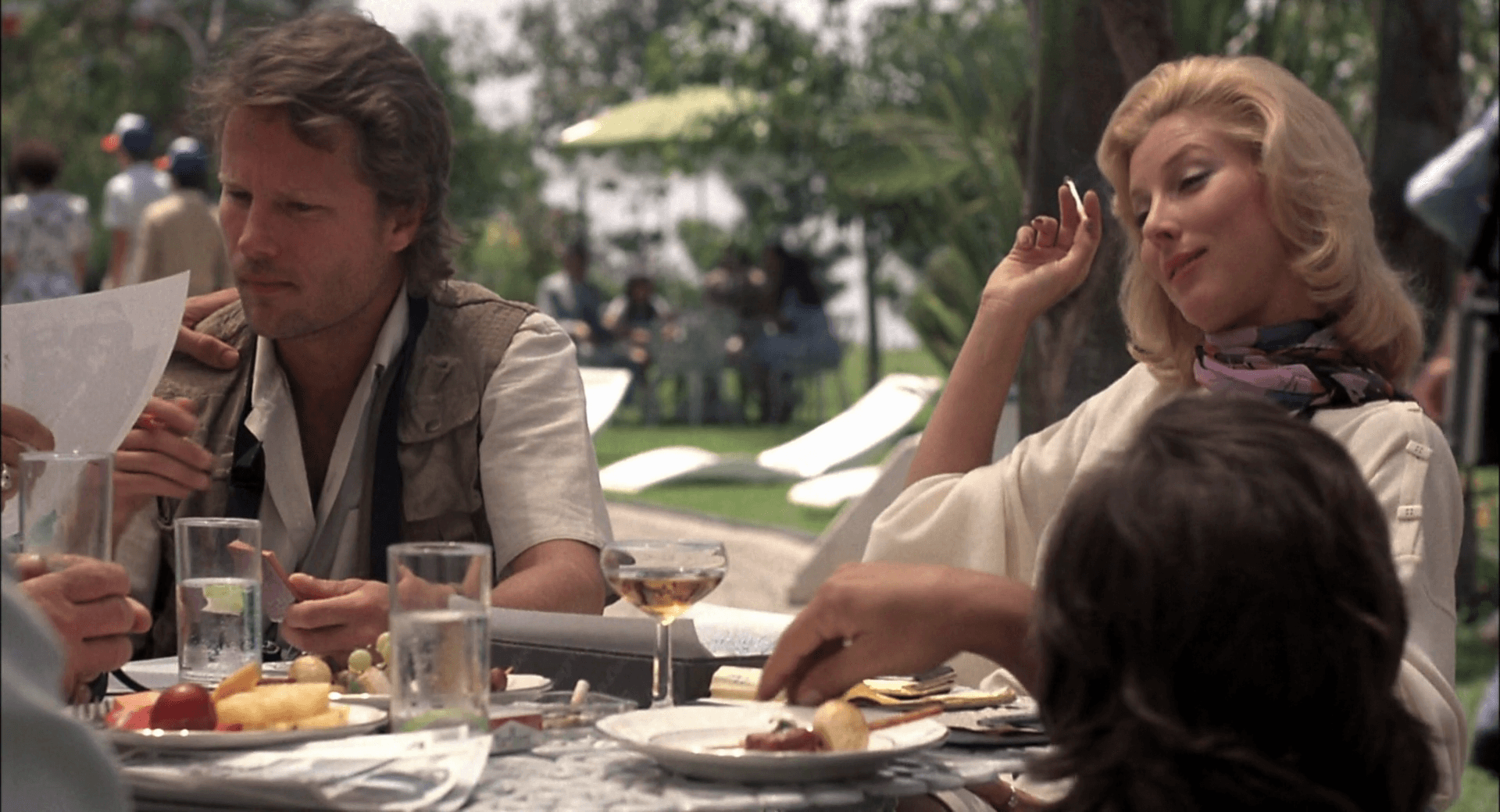
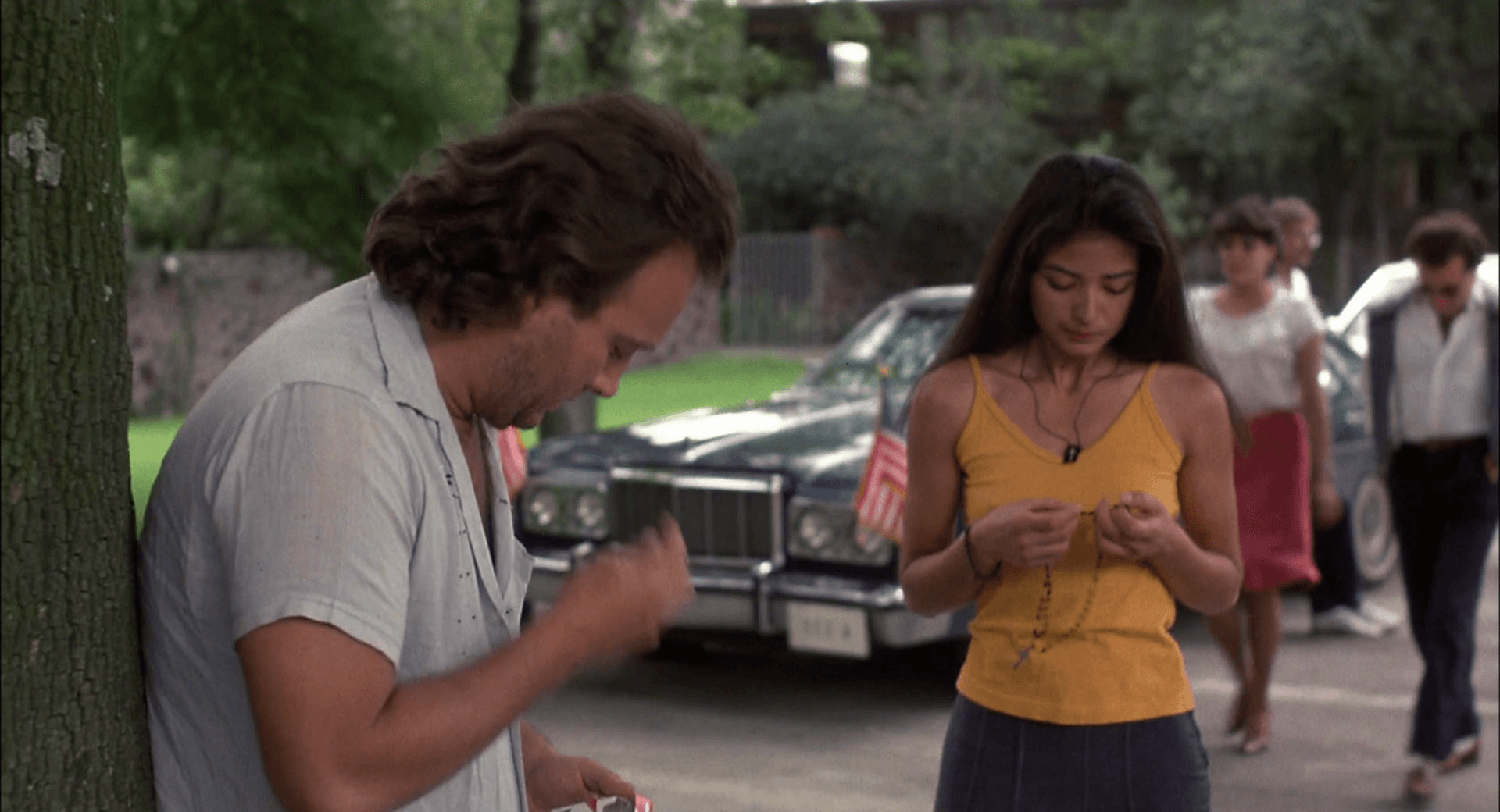
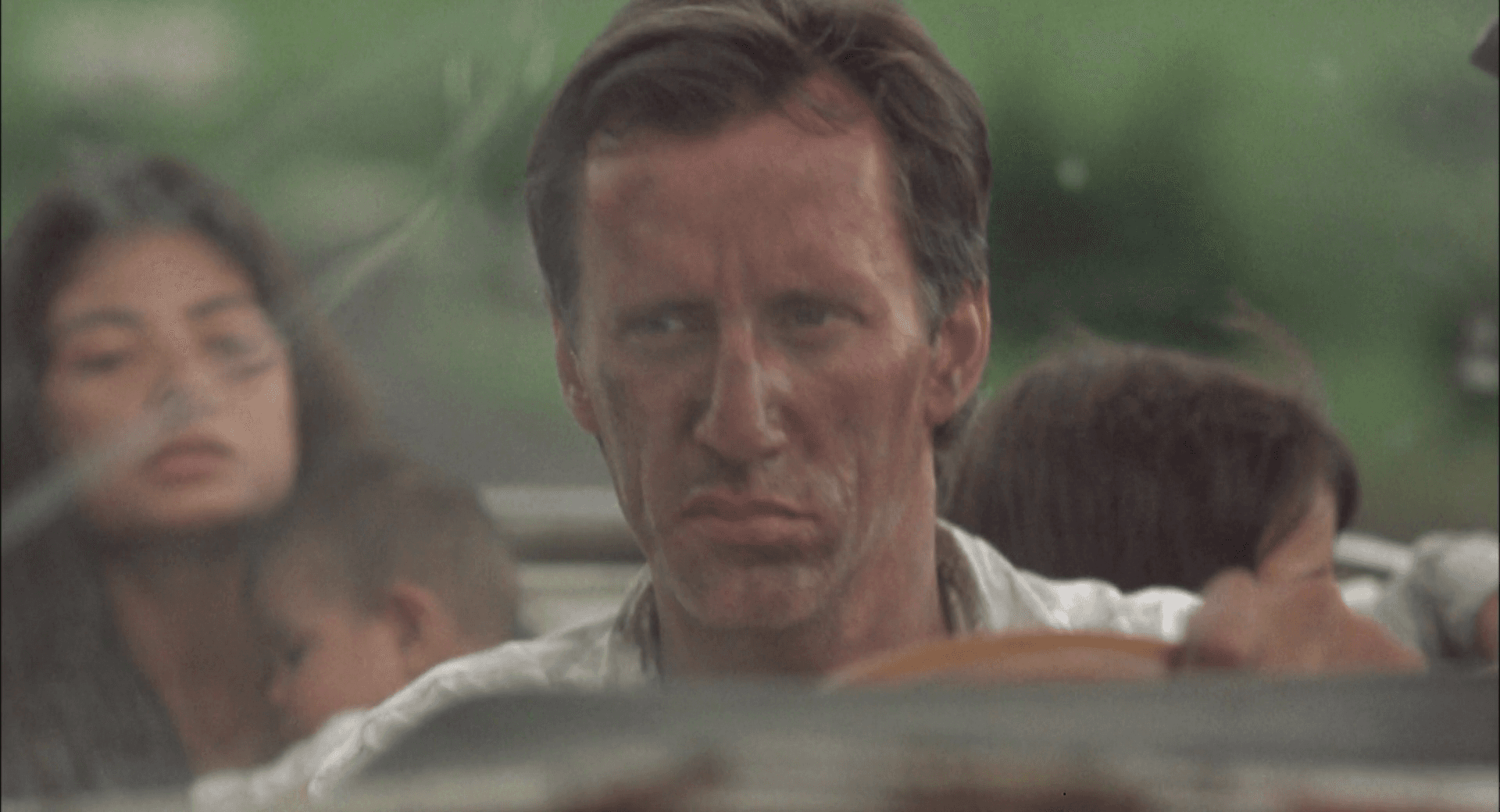
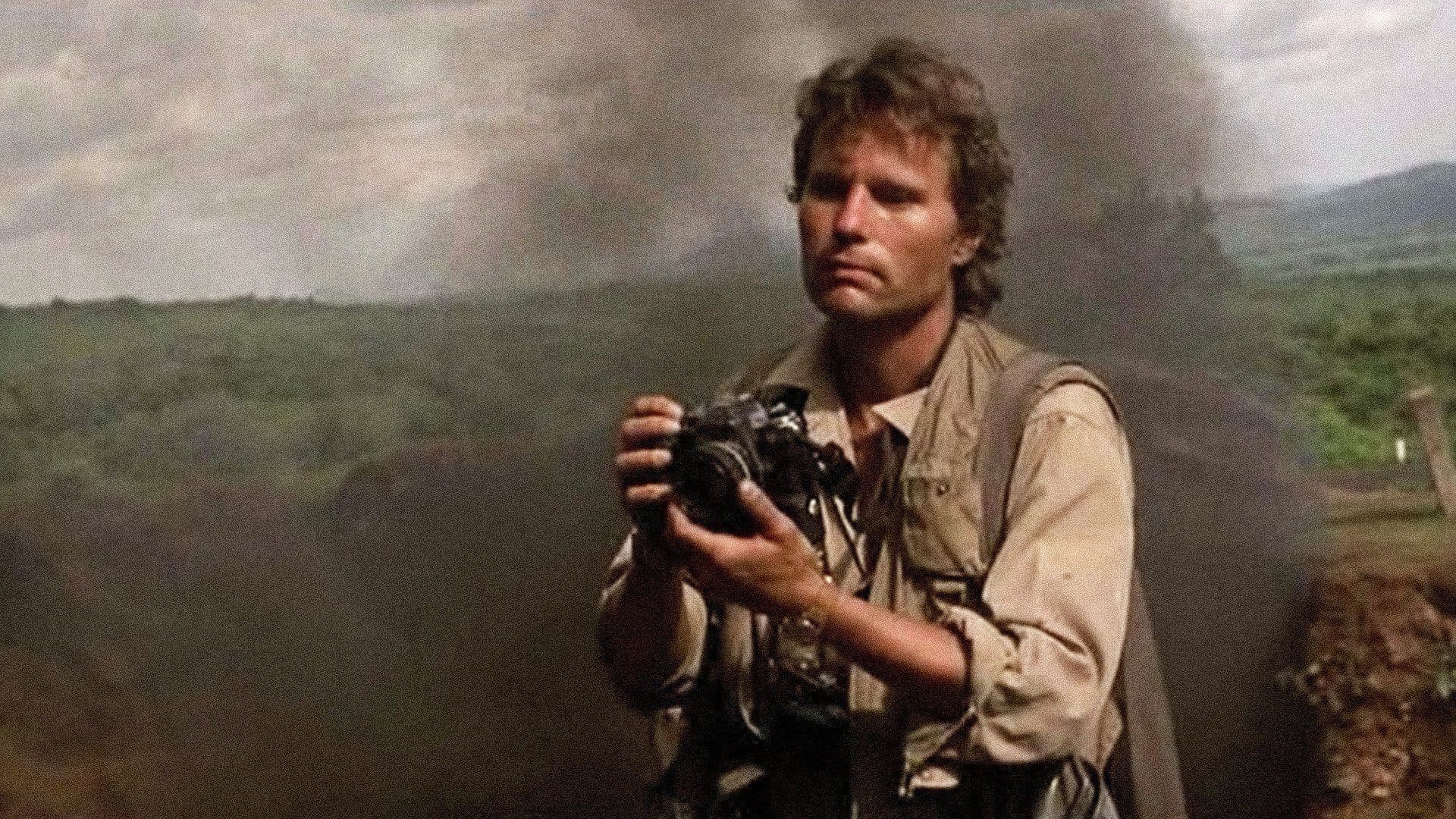
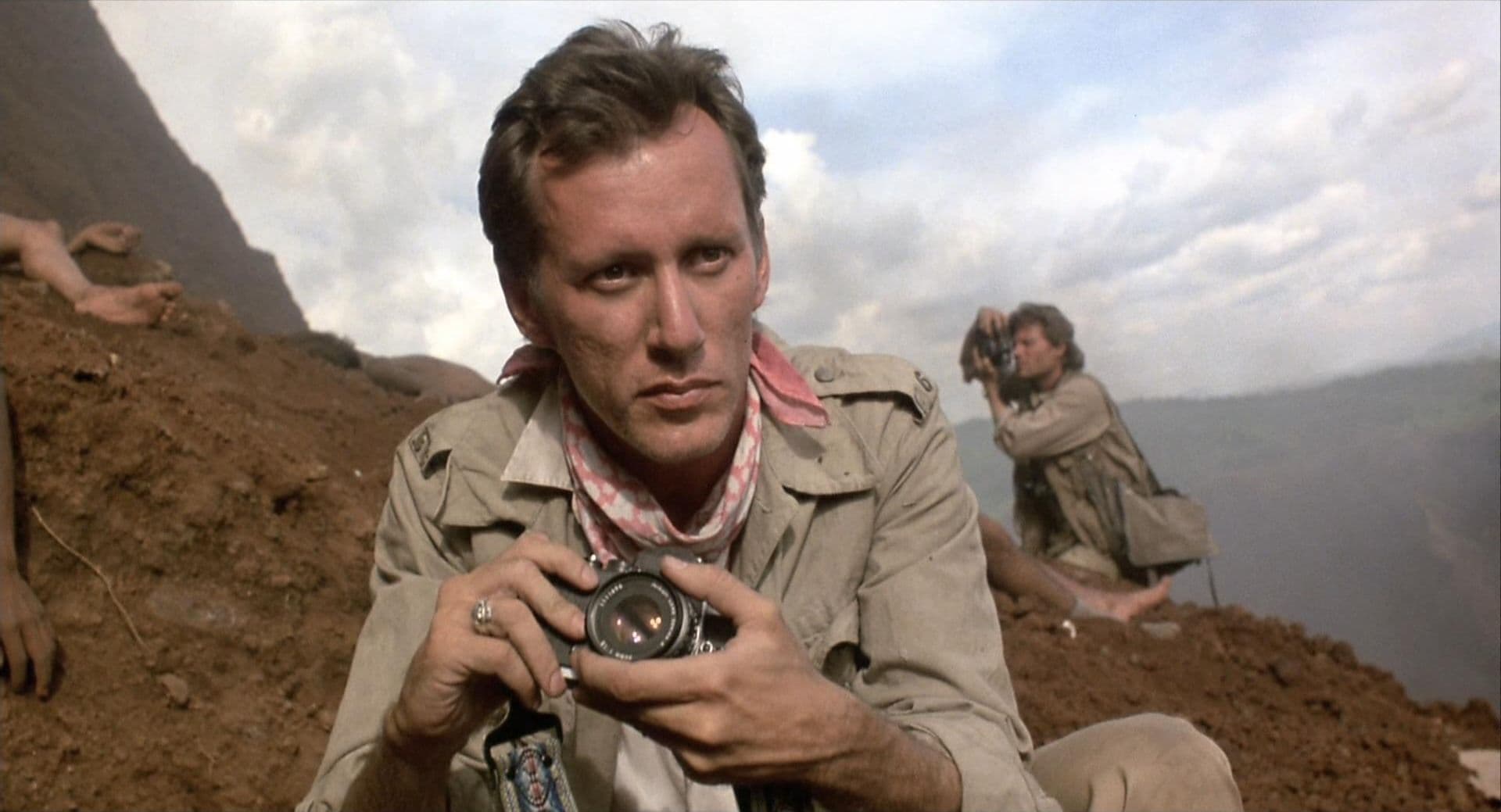
Featured Videos
Official Trailer
Comments
Loading comments...